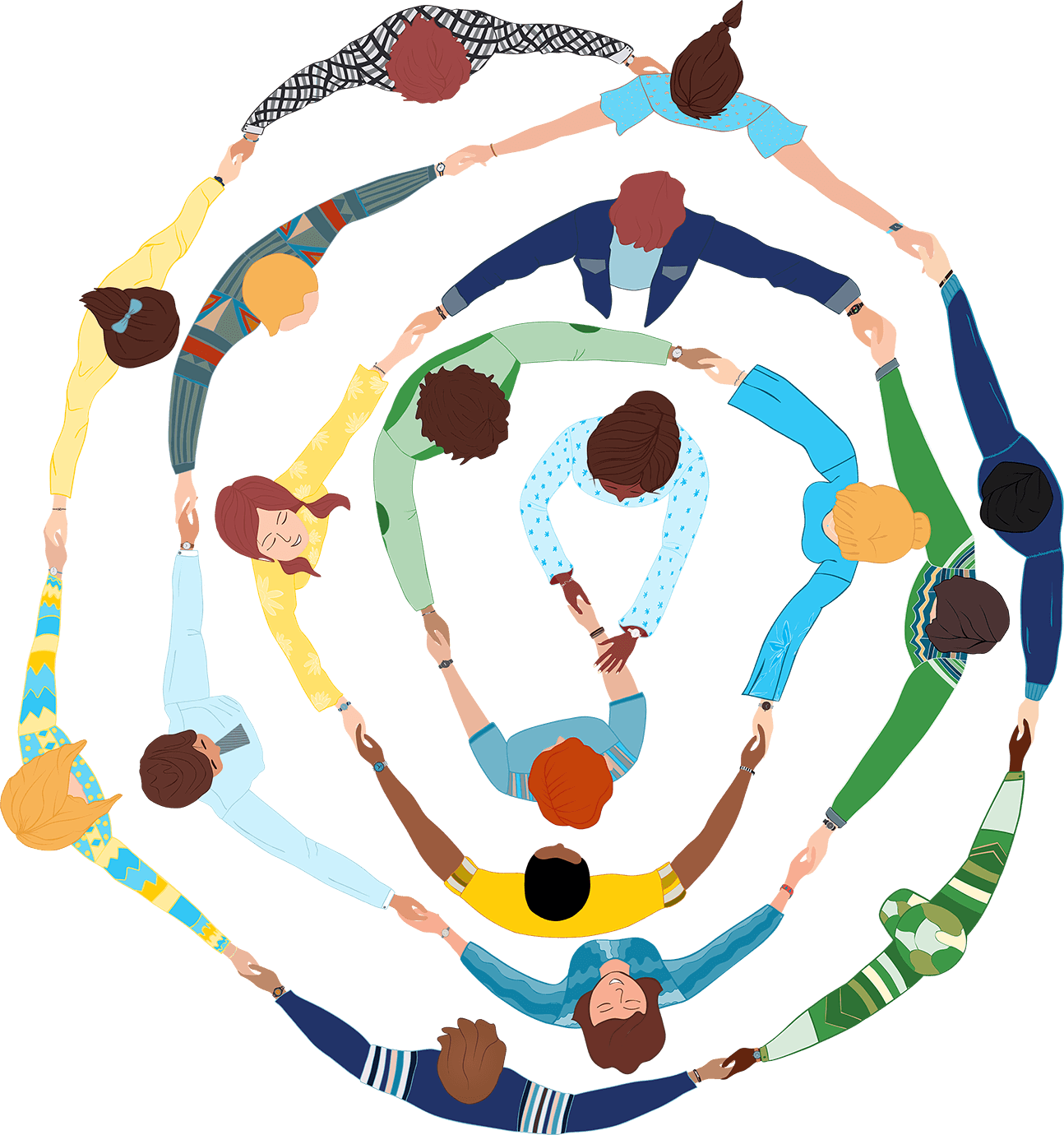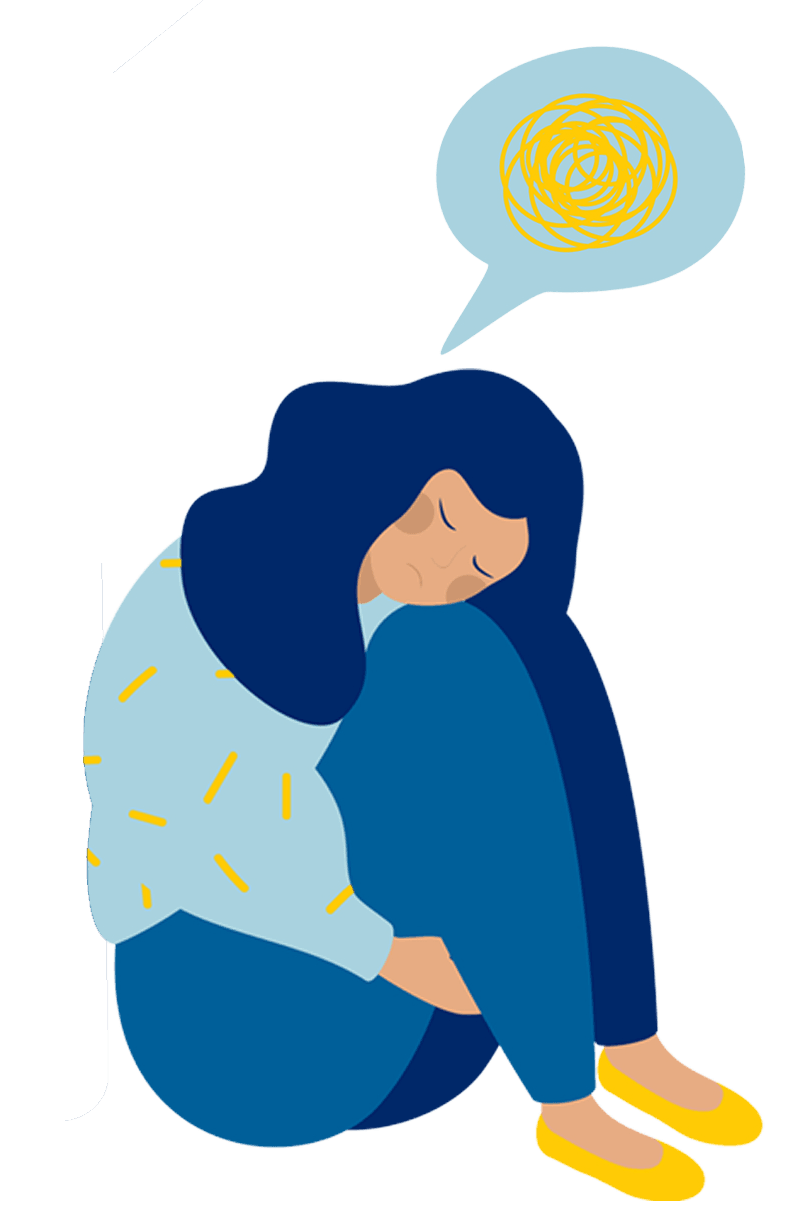Getting Support
Circle of support
Taking care of diabetes is a team effort with you, your whānau, friends, classmates, and diabetes health professionals.
Along the journey, there are many people who can help provide a circle of care and support:
Your family doctor (GP)
General practitioner (GP)
A diabetes specialist doctor (endocrinologist)
Children’s doctor (paediatrician)
Diabetes educator or diabetes nurse practitioner
Food expert (dietitian)
Eye expert or doctor (optometrist or ophthalmologist)
Pharmacist
An exercise expert (exercise physiologist or physiotherapist)
A foot expert (podiatrist)
Dentist
Counsellor, social worker, or psychologist

Diabetes New Zealand
Diabetes New Zealand is a charitable trust that represents and supports people living with mate huka (diabetes). We’ve been supporting New Zealanders with information and resources to help identify and manage diabetes symptoms for more than 60 years.
Our mission is to ensure that every person living in Aotearoa with diabetes or at risk of diabetes has equitable access to affordable, quality diabetes care and education, and that includes our tamariki and rangatahi.
Diabetes New Zealand offers lots of support with a free helpline, free resources, support groups, our Live Brave Mana Ora youth programme including camps, support groups connection activities and much more. For more information, visit diabetes.org.nz/youth


Mental health support
Having mate huka (diabetes) and managing it on a daily basis can be stressful for tamariki, rangatahi, and their whānau. Distress about diabetes and mental health concerns are common, but support is available to help you and your whānau.
If you are concerned, contact your local diabetes team or other health care professionals. They can advise you on what support is recommended and available for rangatahi.
You can find out more information by contacting Diabetes New Zealand on 0800 342 238 (0800 DIABETES) or visiting Emotional & Mental Wellbeing In Children With Diabetes | KidsHealth New Zealand's Trusted Voice On Children's Health. Diabetes New Zealand also has a useful resource on diabetes distress here.
Mate huka is a challenging condition both mentally, emotionally and physically. It’s vital to talk about feelings that come up and to seek and provide our tamariki and rangatahi with reassurance that there is help and that they are not alone.

Language matters
Talking about mate huka (diabetes) and how it's making you or your child feel isn’t always easy. It can be hard getting started or finding someone you can open up to. Maybe you don't feel like talking, or you don't want to burden anyone, but releasing some of what you're feeling has so many benefits for you, your child and your whānau.
Read our advice on talking about diabetes. We've got tips to help you start those conversations with your whānau, friends, your boss at work, your teachers at kura (school) and your healthcare professional team.
The words we choose when we kōrero (converse) with people about diabetes are important, especially when they’re our friends or whānau. The language we use can impact the physical, emotional and spiritual wellbeing of people who are living with diabetes in a positive or negative way, and that includes our tamariki and rangatahi. What we say can have a direct effect on whether someone feels like a failure or is motivated to look after themselves and manage their diabetes.
If you would like to know more about finding the right words to talk about diabetes, download this helpful resource:

What can I do to support my child with diabetes?
Provide care, help, support and encouragement. Tamariki and rangatahi living with mate huka (diabetes) need a lot of care and help with establishing healthy habits. It's important that the whole whānau embraces and encourages healthy habit changes, including exercise and maintaining a healthy weight with a healthy diet.
Be supportive and understanding, but make sure your child gets the treatment they need.
Learn about diabetes and how to care for a child or young person with this condition. Involve the whole whānau, and other people who are involved in their lives.
Help your child maintain long-term health and minimise the risk of diabetes complications. You can do this by encouraging a healthy lifestyle and aiming to keep blood glucose levels in a healthy range.
Go to regular health appointments and reviews with the diabetes team.
Talk to school about the extra supports that the school and the Ministry of Education can provide.
For more information:

